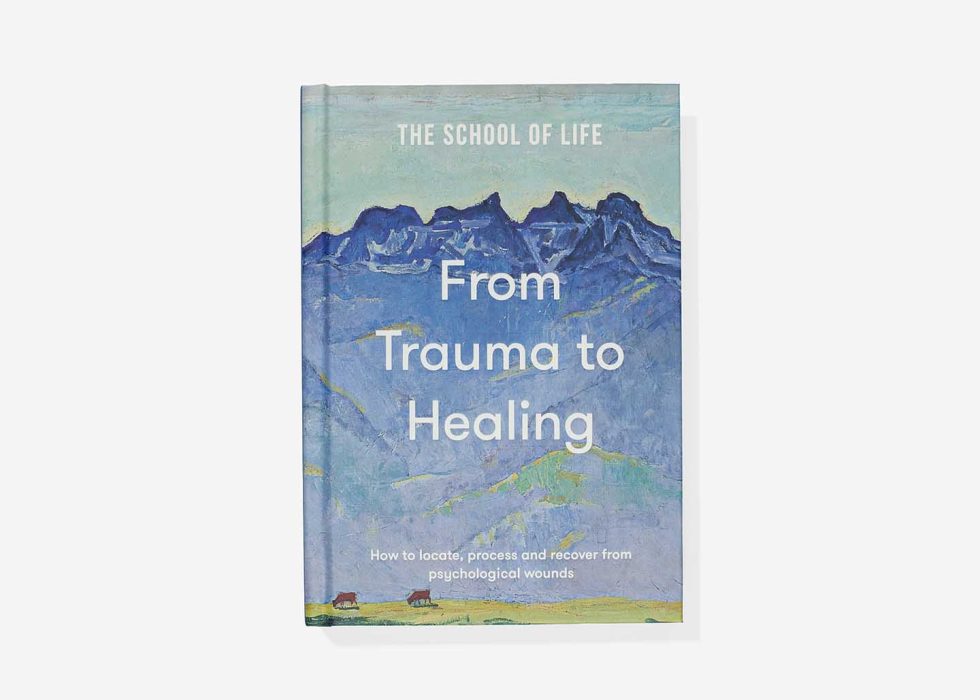Self-Knowledge • Melancholy
Nostalgia for the Womb
Babies were a favourite of painters in the early modern period, or at least one very special one was. What stands out is how serious they tended to be (the mother as well). These were melancholy babies.

Workshop of Giovanni Bellini, Madonna and Child. c.1500;

Perugino, Madonna and Child, c. 1500

Sandro Botticelli, Madonna and Child,” c. 1470
It seems appropriate that the world’s most famous baby should have been mournful. Though he went on to have a very unusual and especially tragic destiny, there is a universal theme in his early story – which is what may be touching us when we see him depicted. Like all of us, he is sad – in part – because he has left the womb.
This is meant to sound odd. After all, none of us ever remembers being in the womb; we don’t go around with any active sense of nostalgia for our first home. The psychoanalyst Melanie Klein speculated that this was no coincidence: if we remembered, then our envy for what we had been forced to give up and our dissatisfaction with our present circumstances would reach such a pitch, it would be too intense to bear. We have to forget what we had as a price for having the courage to continue.
Nevertheless, it may be helpful to think of ourselves as symbolically and in a sense also practically still pining for the womb, by which one means, pining for a time when we were not so incomplete, a time when we didn’t need to be afraid, when we felt held, when we didn’t have apprehensions about the future, when we were fused with someone else, when every one of our needs was magically catered for by the intuitive genius of hormones, enzymes and a flood of nourishing oxygenated blood pumping through a rubbery cable whose stub remains on our front as a reminder of the original severance.
We may be nostalgic without knowing what for, nostalgic for a place we have forgotten and cannot any longer name. There are moments of great closeness and comfort in adult life. Occasionally, we may be in a very tender person’s arms, sometimes, someone cooks us a deeply tasty meal. But what can the most devoted lover offer us in terms of reassurance, or the most assiduous restaurant or hotel give us in terms of sensitivity to our needs, as compared with what was once natively on offer in the first home.
Given that we may be privately – and unconsciously – judging our adult experiences against the measure of very early perfection, no wonder if we often a bit dissatisfied and disconsolate. The story of the expulsion from paradise is really the story of our own birth. We all were once in a place where we didn’t have to ask, where nourishment came to us automatically and where we were in the hands of a kindly immense being.
No wonder many babies look a bit sad: they have lost so much. The religious are lucky: they are offered a chance to return home in the next life. For the secular melancholic though, the nostalgia and the longing run far deeper; there is no pathway home. The lonely pilgrimage is forever. But at least if we are able to name the place we’d so love to return to, we may help ourselves to understand the scale (and the impossibility) of our desire. In the meantime, for want of anything truly better, we might make use of those welcome substitutes: a large comfortable duvet, dinner on a tray and a very cosy friend.



























